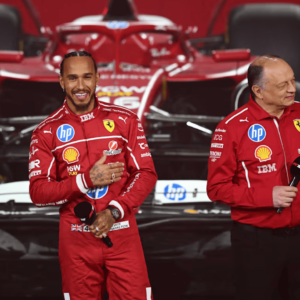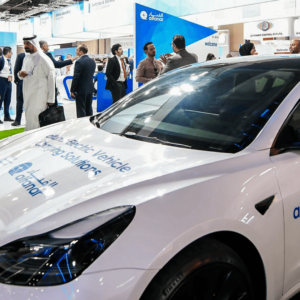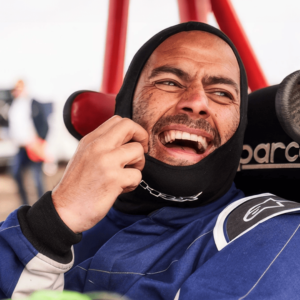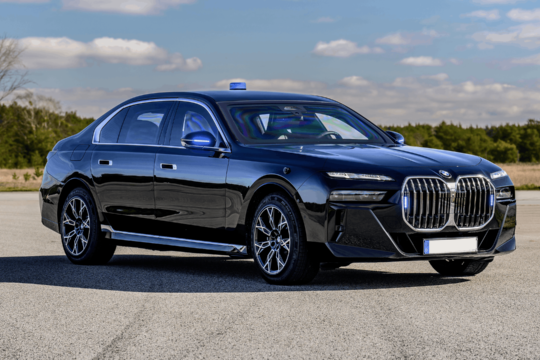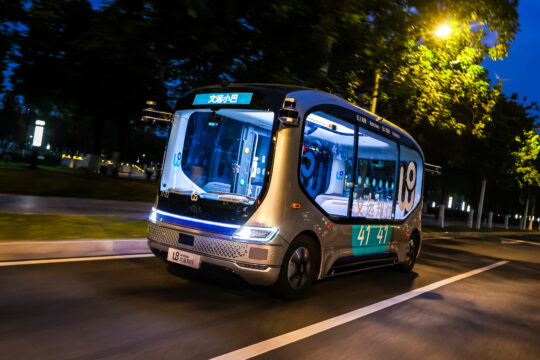“Knowledge is worthless unless it’s shared. Developing and creating a successor frees us from the leash of our current position or inner insecurities and propels us to bigger and better things. True success is knowing that you have created a successor who can perform your job way better than you could. Leadership isn’t a throne, it’s a launchpad. The more you lift others, the higher you rise”.
– Suminda De Silva, Co-Founder & CEO of Automotivate Middle East & Africa.
In the fast-paced world of automotive retail and after-sales, one truth stands tall: the best way to learn is to teach others. Whether you are a technician mastering new EV systems or a sales consultant refining customer engagement skills, teaching others doesn’t just spread knowledge; it deepens your own expertise.
The good old days of wrenching hard are now slowly fading away; troubleshooting software and diagnostics are the new norm. The ones that ensure high turnover on service bays are the senior technicians who don’t choose to be gatekeepers of knowledge.
Teaching in the Workshop
Social media has given way to higher expectations; a firm handshake is no longer the industry standard. Customer expectations are higher than ever, and sales consultants should be equipped with the right tools, product knowledge, and emotional intelligence to circumnavigate unfavorable situations. What makes all this possible? It was, and will always be, peer-to-peer teaching.
When experienced salespeople share successful approaches, be it handling objections, personalizing the test drive, or upselling accessories, they reinforce their own skills while equipping their teammates for success. Role-plays, shadowing sessions, and knowledge-sharing huddles turn individual strengths into collective power.
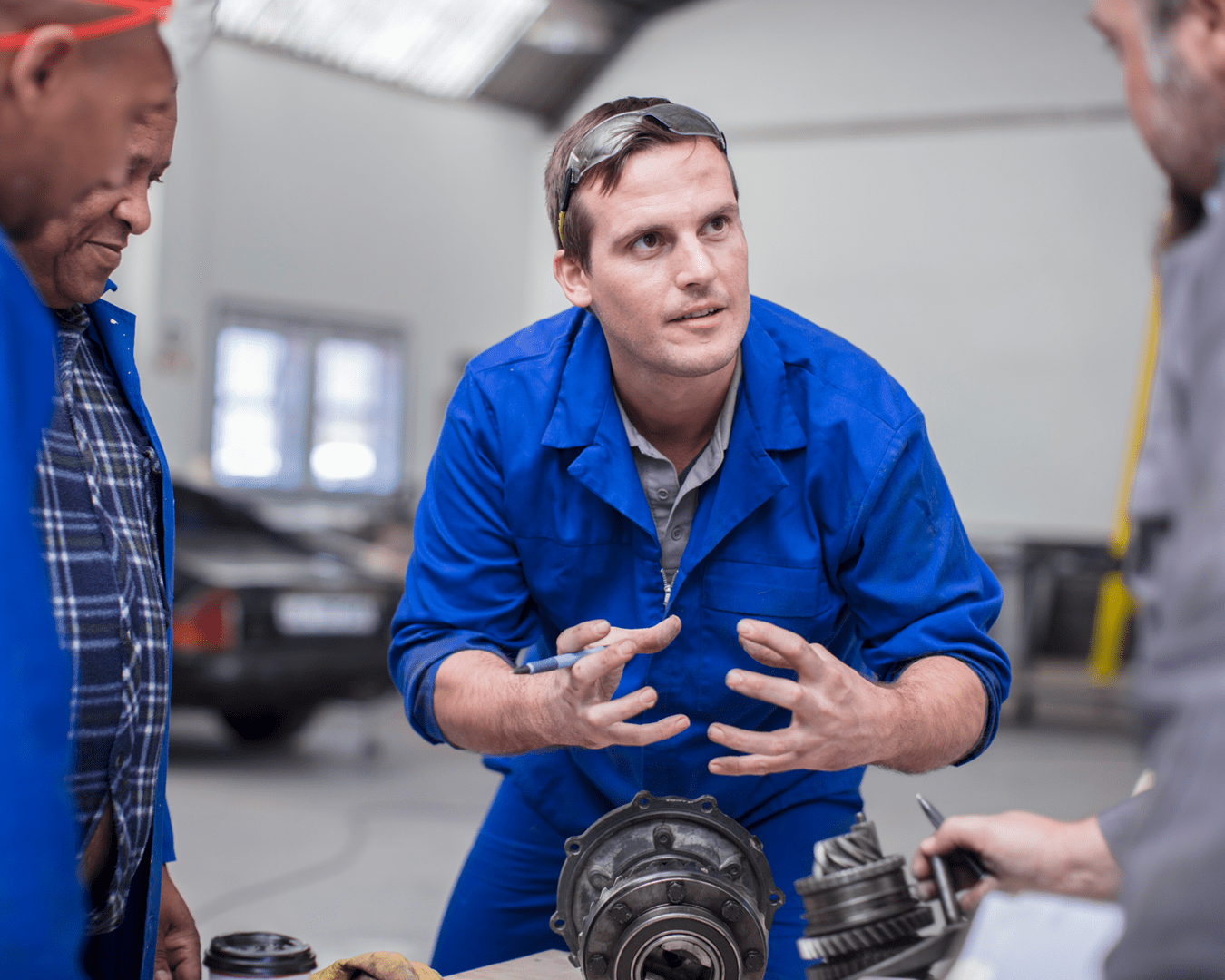
Teaching in the Showroom
Few industries contrast more sharply than fast-moving consumer goods and automotive. In FMCG, time is measured in days and weeks. Products race off shelves, lifecycles are short, and demand shifts require almost acrobatic agility. Thousands of SKUs move through distribution networks where even minor errors can unravel entire forecasts.
Automotive, by comparison, is another racetrack. Lead times stretch, supply webs span continents, and each unit carries the weight of regulatory compliance, consumer expectation, and immense value. Here, precision is not an option but a non-negotiable necessity.

Teaching in Leadership & Management
A common pitfall in leadership is when success is perceived as the number of people reporting to you; instead, it should always be measured by the number of people who grow under your leadership. The best dealership managers are those who actively teach their teams, guiding them in decision-making, customer service, financial discipline, and problem-solving.
Managers who hoard knowledge and rely on positional authority often hit a ceiling. In contrast, those who freely teach and empower others build stronger, more self-sufficient teams. This not only improves dealership performance but also prepares the leader for greater roles. After all, a leader who fosters the development of other capable leaders secures their own legacy and ensures their own career progression. It also provides the teacher a great opportunity to unlearn old and outdated knowledge and clear space in their minds to relearn and store newer ways of doing things. This then becomes the catalyst for progress. Leadership isn’t a throne, it’s a launchpad. The more you lift others, the higher you rise.
Knowledge Shared Is Knowledge Multiplied
It’s often said that knowledge is power, but the moment one looks past the age-old quote, it’s clear that knowledge hoarded faces diminished value over time. While unfortunate, many in our industry cling to their expertise out of insecurity, fearing that if someone else becomes more skilled than they are, their own job may be at risk. The truth is that this mindset doesn’t protect careers; it is the catalyst to stagnation.
A culture of mutual growth
Dealerships that embrace “learning through teaching” enjoy multiple benefits:
- Stronger Team Unity: Mentorship bonds employees across generations and roles.
- Higher Retention: Team members who feel invested in each other’s growth are less likely to walk out the door.
- Sustainable Excellence: Knowledge doesn’t leave with one person; it stays embedded in the team.
- Succession Pipeline: Knowledgeable teams have a solid succession pipeline that can fill most vacancies without the need for external recruitment.
The Automotivate Mindset
Against the backdrop of a dynamic automotive market, dealership success in the Middle East is driven by the skills of its people. By adopting a shared learning mantra, the technological shifts, shifting customer expectations, and competitive pressure are easily weathered.
At the end of the day, the sales consultant who coaches a colleague on building rapport, or the technician who explains a new diagnostic method, is not just creating value for others; they are also becoming more valuable themselves.
Because in this industry, as in life, the best way to learn is to teach. This applies to every sector beyond Automotive as well.

“A true leader is never threatened by the growth of others. The more you teach, the more you liberate yourself from limitations. In the end, your legacy is not what you achieve alone, but the successors you empower to achieve far more than you ever could. If you set your purpose as elevating others, your own success and freedom will automatically come as a by-product of living and breathing your purpose day in and day out.”
– Suminda De Silva, Co-Founder & CEO of Automotivate Middle East & Africa.



